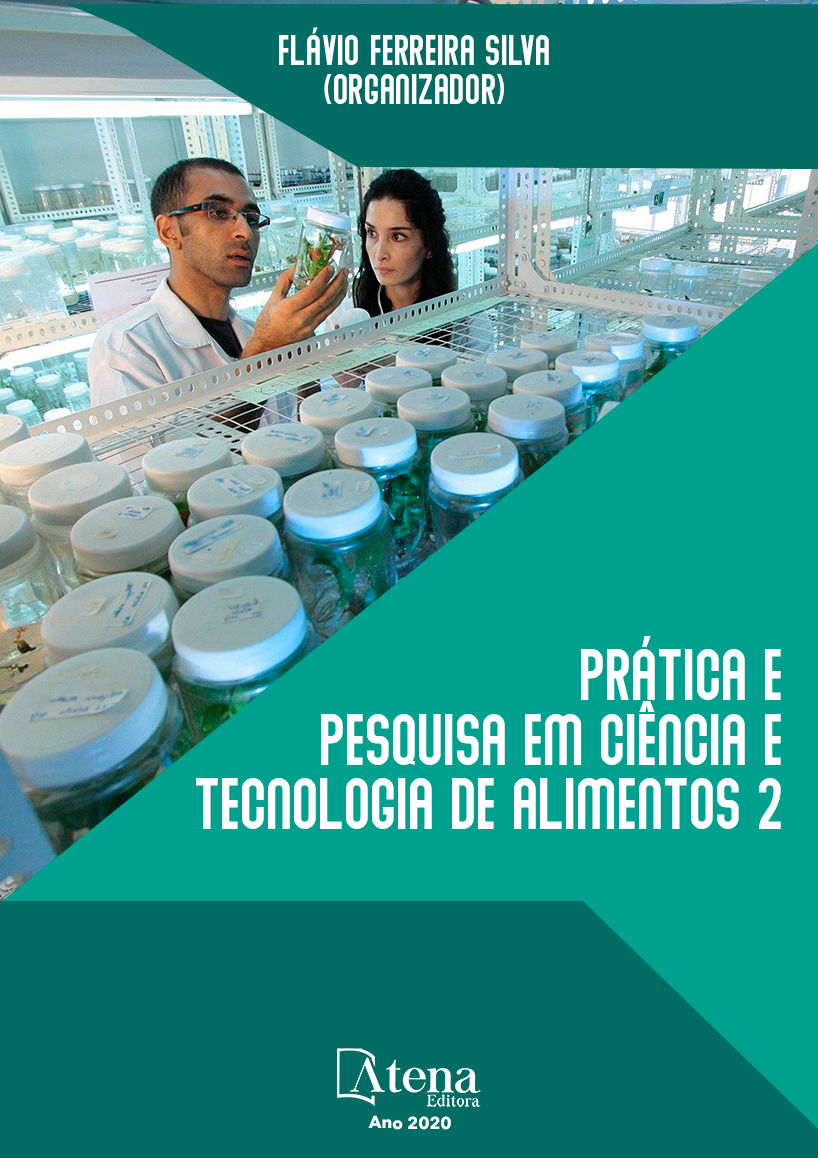
EFEITO DA ESTRATÉGIA DE DESMAME SOBRE A RESPOSTA HEMATOLÓGICA, ANTI-HELMÍNTICA E O DESENVOLVIMENTO DE BEZERRAS DA RAÇA NELORE (BOS INDICUS)
O objetivo deste estudo foi avaliar estratégias de manejo que reduzam o estresse pós-desmame e melhore a resposta hematológica, anti-helmíntica sobre o desenvolvimento ponderal de bezerras da raça Nelore criadas em regime extensivo no Maranhão. Foram utilizadas 76 bezerras divididas em dois grupos experimentais (Pré-estresse e Estresse) de 38 animais submetidos à coleta de sangue, fezes, pesagem, vacinação, vermifugação e transporte para mudança de fazenda. Os parâmetros estudados foram hemograma completo, contagem de ovos por grama de fezes (OPG), bioquímica sanguínea e desenvolvimento ponderal. Tanto no ganho médio diário (GMD) quanto no peso total, os tratamentos aplicados nos dois grupos nas cinco pesagens não influenciaram no ganho de peso das bezerras. Na contagem de OPG não houve diferença significativa entre os grupos e entre os tratamentos, exceto na segunda coleta (Desmame) onde ocorreu um aumento no número de OPG do grupo estresse (406,75 ± 116,4) e uma variação menor no grupo pré-estresse (258,11 ± 69,1). No hemograma, não houve diferença significativa entre os tratamentos (P>0,05) nos cinco momentos estudados nos dois grupos. Porém, a contagem de leucócitos totais dos dois grupos experimentais demonstrou leucocitose em todos os períodos. Na bioquímica sanguínea, tanto os valores das proteínas totais quanto da albumina encontravam-se mais baixos que os de referência e os valores do cálcio e do fósforo, em níveis mais altos. Os resultados obtidos revelaram que a estratégia de desmame não se mostrou eficiente, visto que os dois grupos experimentais responderam de forma semelhante aos tratamentos a que foram submetidos.
EFEITO DA ESTRATÉGIA DE DESMAME SOBRE A RESPOSTA HEMATOLÓGICA, ANTI-HELMÍNTICA E O DESENVOLVIMENTO DE BEZERRAS DA RAÇA NELORE (BOS INDICUS)
-
DOI: 10.22533/at.ed.2702006038
-
Palavras-chave: Bovinos. Desmame. Estresse
-
Keywords: Cattle. Weaning. Stress.
-
Abstract:
The objective of this study was to evaluate management strategies that reduce post-weaning stress and improve the hematological and anthelmintic response on the ponderal development of Nelore calves raised extensively in Maranhão. Seventy-six heifers were divided into two experimental groups (Pre-stress and Stress) of 38 animals submitted to blood collection, feces, weighing, vaccination, vermifugation and transportation to farm change. The parameters studied were complete blood count, egg count per gram of feces (OPG), blood biochemistry and weight development. In both the average daily gain (ADG) and the total weight, the treatments applied in the two groups in the five weighings did not influence the heifer weight gain. In the OPG count, there was no significant difference between the groups and between treatments, except for the second collection (Weaning), where there was an increase in the number of OPGs in the stress group (406.75 ± 116.4) and a smaller variation in the pre-group (258.11 ± 69.1). In the hemogram, there was no significant difference between the treatments (P> 0.05) in the five moments studied in the two groups. However, the total leukocyte count of the two experimental groups showed leukocytosis at all periods. In blood biochemistry, both total protein and albumin values were lower than baseline and calcium and phosphorus values were higher. The results showed that the weaning strategy was not efficient, since the two experimental groups responded in a similar way to the treatments to which they were submitted.
-
Número de páginas: 15
- José Ribamar de Sousa Torres Junior
- Alcina Vieira de Carvalho Neta
- Giselle Mesquita de França Galvão
- Daniel Prazeres Chaves
- Ilderlane da Silva Lopes
- Fernanda Augusta Marinho de Albuquerque
- Francilene Miranda Almeida
- Maria de Lourdes Guimarães Borges
- Herlane de Olinda Vieira Barros
- Anna Karoline Amaral Sousa
- Lauro de Queiroz Saraiva
- Daniela Póvoas Rios


